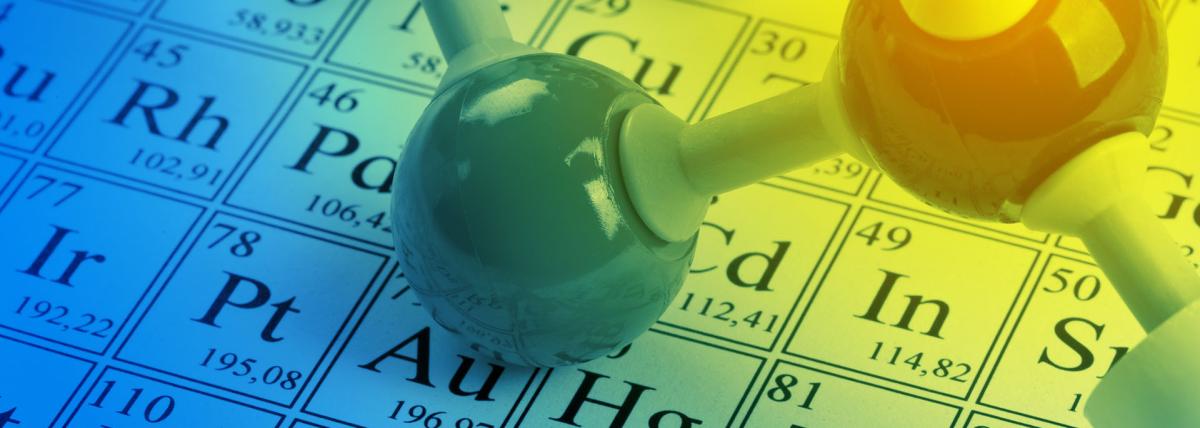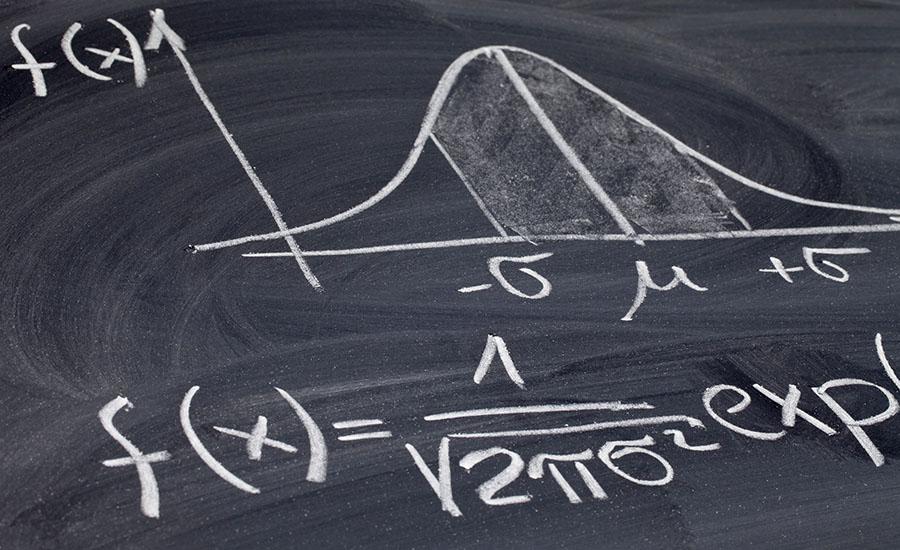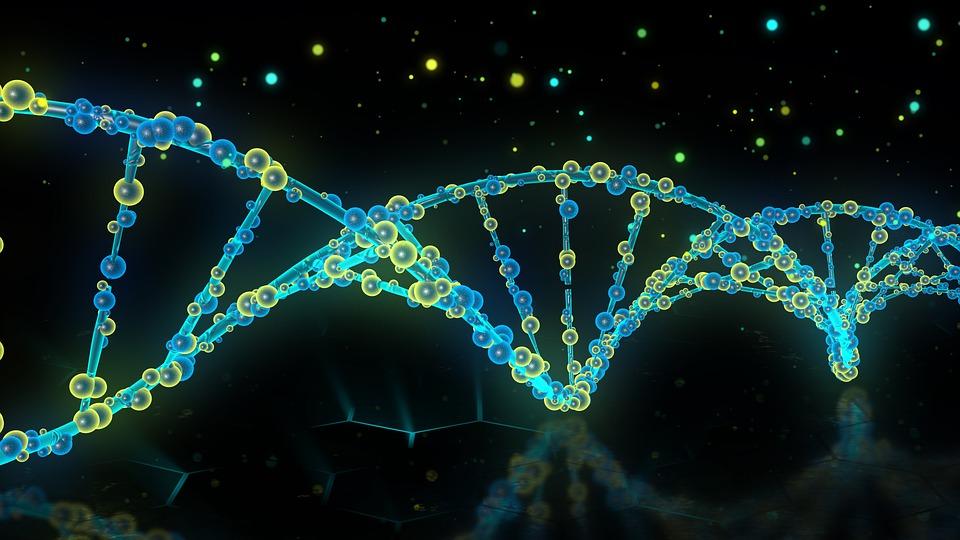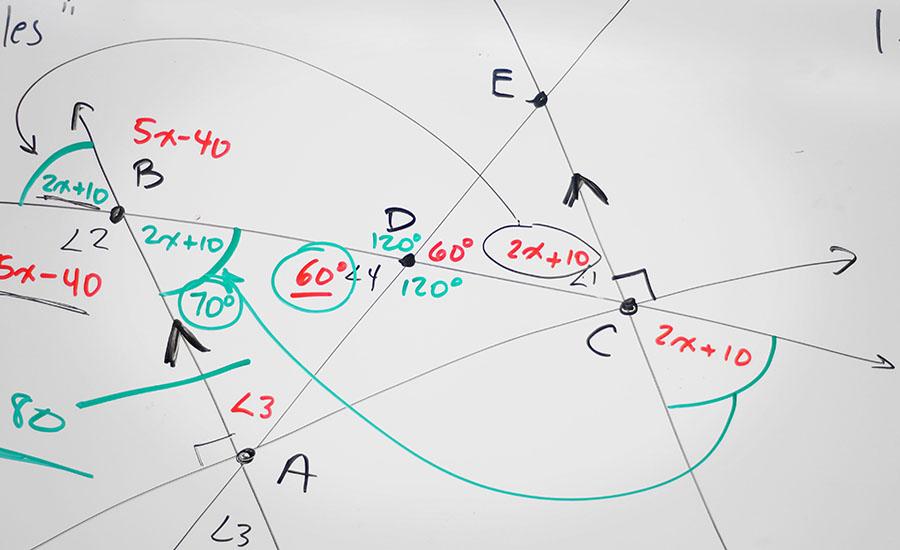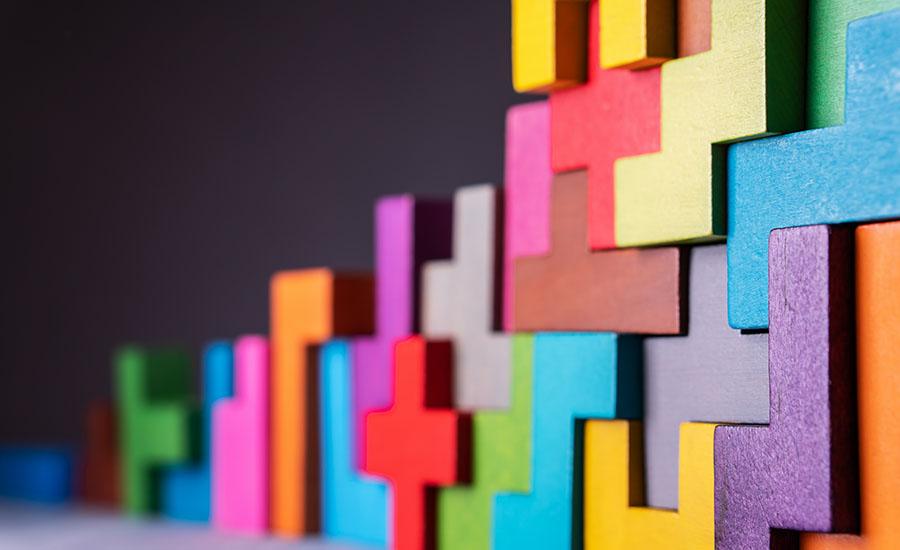
Grades:
6th Grade, 7th Grade, 8th Grade
Students will design and create a working, themed pinball machine that follows specified constraints and utilizes Makerspace materials. As students design they will be studying social studies, math


